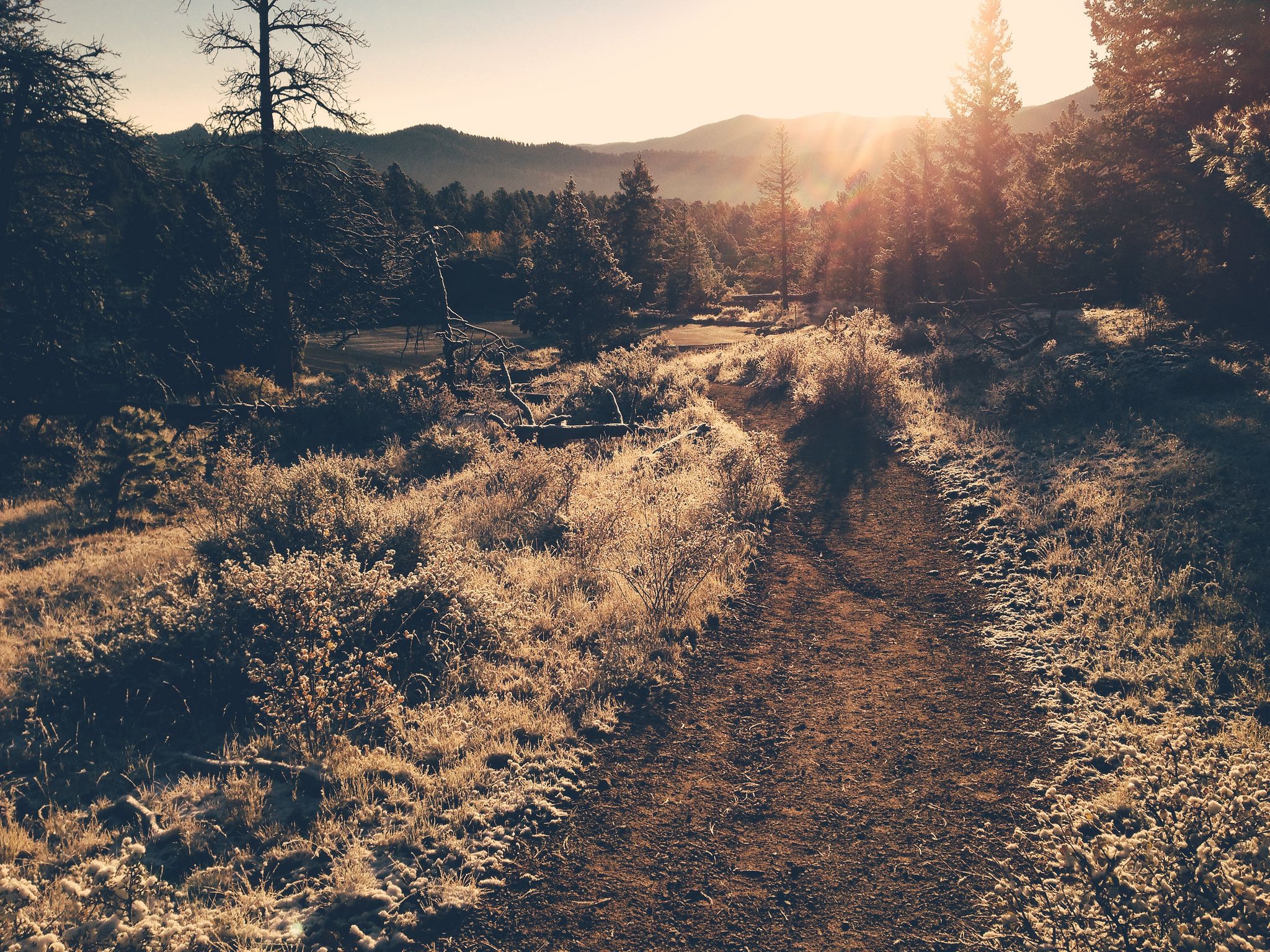There seems to be some correlation between freedom and maturity. It’s irresponsible to give children the same type of freedom that adults have. I wouldn’t give a six-year-old the keys to my car and if he suddenly disappeared from the house, I’d immediately start looking for him. I wouldn’t do the same with a forty-year-old man. He’s an adult, I’d say, and if he wants to go, let him go.
In that scenario, the fear is that when someone is young and immature, they either don’t fully understand the choices that they’re making or they’re not fully prepared to deal with the consequences. A forty-year-old is much more likely to have a driver’s license and much more likely to be able to deal with being out on his own.
I’m also reminded of the differences between the Northeast and the West. I grew up climbing mountains and beating my way through the Adirondack woods; but most places where nature posed a threat were cordoned off, fenced up and littered with warning signs. One of my first impressions of the Grand Canyon was how easy it would be to fall off the edge. This was probably done for practical reasons—four hundred miles of edge is nearly impossible to fence. But I was amazed at how much freedom visitors were given; if you wanted to dive headlong two thousand feet to the canyon floor, you were welcome to.
Not only is freedom dangerous; it’s difficult, too. Freedom to choose means living with the consequences of your choices. You can choose to eat only greasy food, but you run the risk of a heart attack. You can choose not to get a cell phone, but you run the risk of not being able to reach someone in the case of an emergency. You can choose to fly to Europe in your private jet, but you run the risk of a volcano bringing your plane down. You can choose to become a button maker, but you run the risk of Velcro making a comeback.
It’s dangerous, it’s difficult, but in all, freedom is what it means to be an individual. If freedom is granted you by an institution or another individual, that same institution or individual can presumably take it from you. That’s why our Founding Fathers said that these truth of equality was self-evident. Our rights were not bequeathed by some piece of paper; the Constitution was simply recognizing that our rights were inalienable, given to us by our Creator—pushing those rights out beyond the reach of any man.

